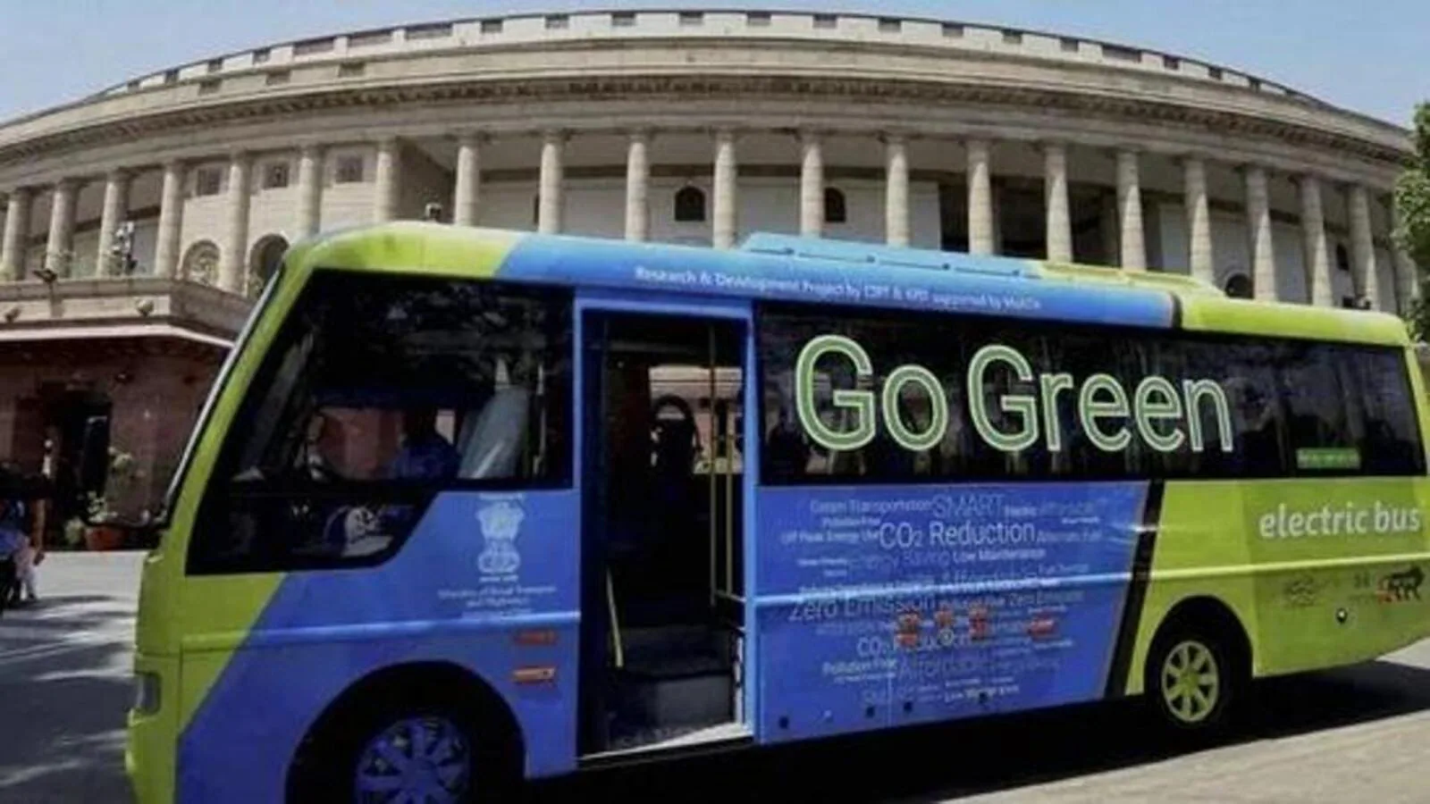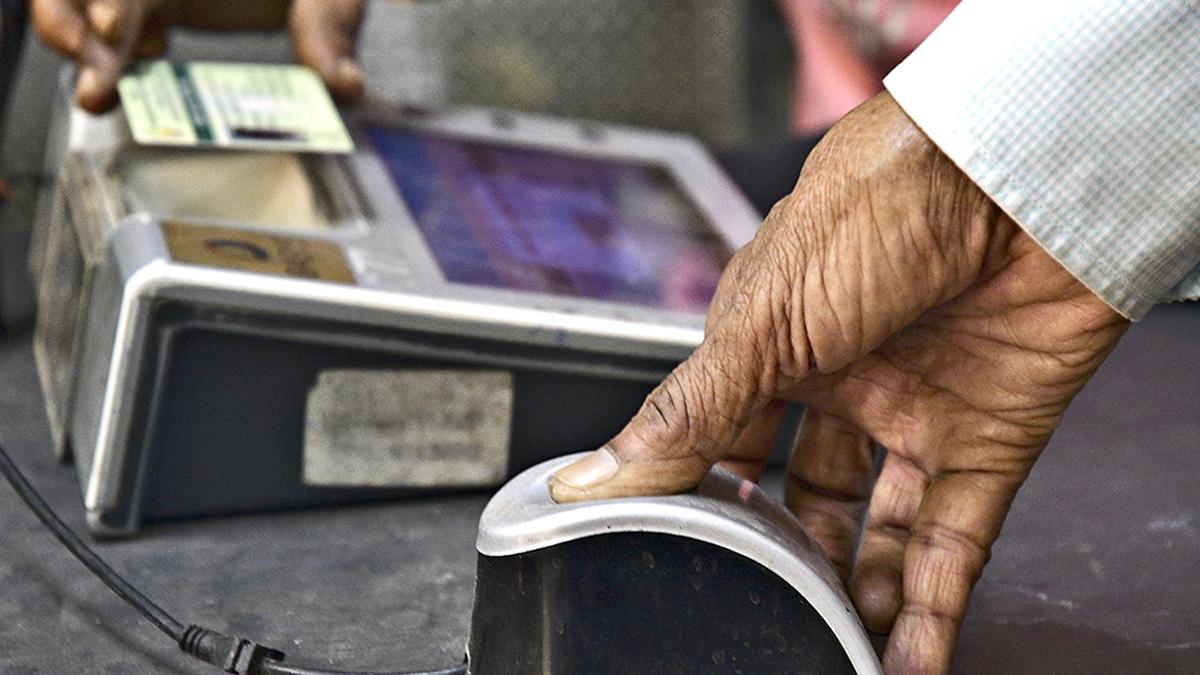Description

Copyright infringement not intended
Picture Courtesy: Hindustan Times
Context: The Union Cabinet approved a scheme to add 10,000 e-buses to city bus services across the country, and to shore up urban infrastructure under green mobility initiatives with a focus on cities having no organised bus services.
Details
- An e-bus is any bus whose propulsion and accessory systems are powered exclusively by a zero-emissions electricity source.
- The adoption of electric mobility services will help reduce noise and air pollution in Indian cities and also curb carbon emissions. This scheme is also expected to bring in economies of scale for the production and maintenance of e-buses in India.
Highlights of the scheme
- E-bus Deployment and Urban Infrastructure: The scheme aims to add 10,000 e-buses to city bus services across the country. E-buses are those that rely exclusively on zero-emission electricity for their propulsion and accessory systems. The initiative also focuses on enhancing urban infrastructure, particularly in cities without organized bus services.
- Estimated Cost and Funding: The scheme's estimated cost is ₹57,613 crore. The Central government will provide ₹20,000 crore, and the remaining funding will come from other sources. This financial support will facilitate bus operations for a period of 10 years.
- Implementation in Two Segments: The scheme will be implemented in two segments. In 169 cities, a public-private partnership (PPP) model will be utilized to deploy the 10,000 e-buses. In 181 other cities, the focus will be on upgrading infrastructure under green urban mobility initiatives.
- Infrastructure Development: For cities in the first segment, the scheme will include the development or upgrade of depot infrastructure to accommodate the new e-buses. This will also involve the creation of necessary power infrastructure like substations.
- Initiatives for Second Segment Cities: In cities falling under the second segment, the focus will be on initiatives such as improving bus priority, enhancing infrastructure, creating multimodal interchange facilities, implementing automated fare collection systems, and establishing charging infrastructure for e-buses.
- Coverage: The scheme will cover cities with a population of three lahks and above, including all the capital cities of Union Territories, as well as the northeastern and hill states.
- Job Creation: The scheme is expected to generate around 45,000 to 55,000 direct jobs, contributing to employment opportunities in the urban mobility sector.
- Central and State Roles: States or cities will be responsible for running the bus services and making payments to bus operators. The Central government will offer subsidies as specified in the scheme to support these bus operations.
- Environmental Benefits: The adoption of electric mobility services like e-buses will lead to reduced noise and air pollution in Indian cities. Furthermore, the scheme's focus on electric buses is expected to help mitigate carbon emissions and promote sustainable transportation.
- Economies of Scale: The scheme's widespread adoption of electric buses is likely to result in economies of scale for the procurement of these buses through aggregation.
Overall, the PM e-bus Sewa scheme reflects the Indian government's commitment to green mobility, urban infrastructure development, and reducing the environmental impact of public transportation.
Must-Read Articles:
ELECTRIC VEHICLES: https://www.iasgyan.in/daily-current-affairs/electric-vehicles-28
Electric Vehicles: https://www.iasgyan.in/blogs/electric-vehicles-22
|
PRACTICE QUESTION
Q. What is the objective of the recently approved PM e-bus Sewa scheme by the Union Cabinet? How does an e-bus differ from traditional buses in terms of propulsion? Could you elaborate on the financial aspects of the scheme, including its estimated cost and the contribution of the Centre? How will the scheme be implemented across different cities in terms of infrastructure development and deployment of e-buses?
|

https://epaper.thehindu.com/ccidist-ws/th/th_delhi/issues/48036/OPS/GGSBKJSQI.1.png?cropFromPage=true
Array
(
[0] => daily-current-affairs/pm-e-bus-sewa-scheme
[1] => daily-current-affairs
[2] => pm-e-bus-sewa-scheme
)








